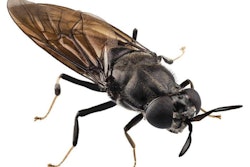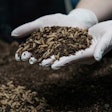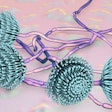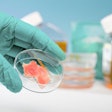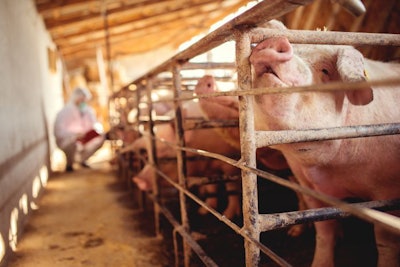
A look at what US feed producers can expect from USDA-APHIS when ASF arrives stateside
U.S. swine industry stakeholders have long accepted that it’s not a matter of “if” African swine fever (ASF) will reach the U.S., but a matter of “when.” Recent ASF outbreaks in the Dominican Republic and Haiti have heightened fears that the highly contagious, fatal porcine virus will soon be detected on U.S. soil.
To examine the actions the U.S. Department of Agriculture’s Animal and Plant Health Inspection Service (APHIS) is taking to safeguard the U.S. swine herd, the agency hosted “ASF Action Week,” a five-part webinar series, in September.
As soon as ASF is detected stateside, APHIS will take the following steps:
- Declare an extraordinary emergency, leading to a coordinated national response and access to support
- Issue a national 72-hour standstill to prohibit all movement of swine, restoring movement on regional basis
- Implement elevated biosecurity protocols for swine producers
- Locate ASF hot spots and determine next steps through contact tracing
Clearly, the disease and these critical control measures will have major short-term and longer-term implications for swine feed production, and the reality will surely also impact the movement and handling of feed ingredients and additives.
For example, if you’re in a control area, additional monitoring, testing and quarantine measures will be enacted to ensure your feed, vehicles and staff are safe and do not become disease vectors. (Note: The U.S. Food and Drug Administration works closely with APHIS to support efforts to protect the U.S. herd from ASF, monitoring feed as a potential pathway for ASF transmission.)
Prevention is key
What can you do to mitigate this risk?
“I can’t stress enough the importance of a really good biosecurity plan,” said Dr. Rosemary Sifford, APHIS deputy administrator – veterinary services, during the session, “What to expect in an ASF outbreak.”
Beyond simply having a solid biosecurity plan in place, she urges all swine industry players run through the plan before an ASF outbreak — practice it — so your team is comfortable with it and “you won’t have to worry if you’re doing a good job” once you must act.
To learn more, watch the on-demand webinar recordings from APHIS’s ASF Action Week: https://bit.ly/3p1kCLi.




